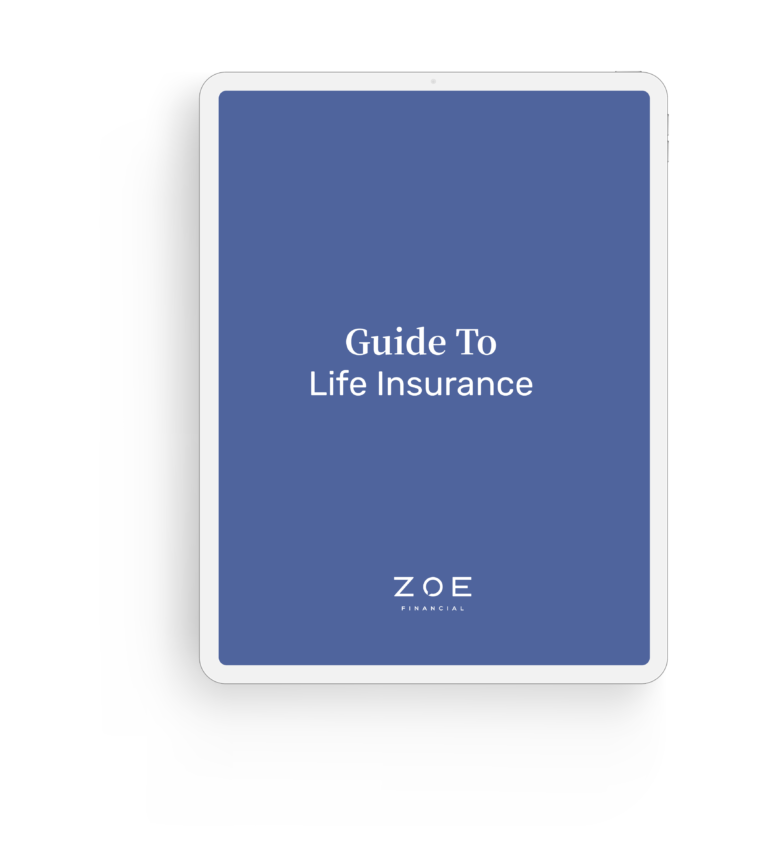The Ultimate Guide to Life Insurance
See The Top Financial Planners Near You
Consider this: you buy yourself a car. You pay a monthly insurance fee so that if the car is stolen, the insurance company pays you the value at which you insured it so you can replace your car. Life insurance works in more or less the same way. You insure your life i.e. your future earnings, you pay a fee (or a “premium”) to the insurance company; if you lose your life the insurance company pays out the value for which you insured your life and gives it to your family or dependents.
The main difference between normal asset insurance (like car insurance) and life insurance is that you can choose whether to get a lump sum payout which is called a “death benefit” or an annuity, the death benefit plus a smaller, continuous monthly payout. Oftentimes the death benefit is non-taxable at the federal level so if you buy a million dollars in life insurance, your beneficiaries will receive a million dollars tax-free.
When you buy an asset, like a car or a home, you ensure the asset so that in the event of it being stolen, damaged or destroyed, you have access to sufficient cash to replace or repair it. Life insurance is there to protect THE most important asset you have. You!
If you were buying a $5 million valued house, you would probably make sure to insure it, right? Well, the same logic applies to your life. Our guess is that you have some great plans for you and your family with the earnings you expect to receive. Maybe you want to ensure that you and your wife have enough to comfortably retire or send your kids to college? Well, life insurance secures those plans so they don’t get derailed if you are not around. The passing of a breadwinner puts survivors in a very difficult position, both emotionally and financially. Fortunately, having sufficient life insurance can significantly ease their stress.
As the name suggests, Term insurance works with a set term or period of time e.g. 10-year, 30-year, etc. Term insurance is generally used to protect against premature death that will pay the death benefit if the policy owner passes away within the set term. So your family (dependents) will get paid a lump sum of the total amount you insured your life for.
The second type of life insurance is useful when you wish to leave your assets in order for future generations. You way want to leave an inheritance, fund a trust, or assure the growth of your investments by leaving some money to your predecessors for this purpose.
When would you like to retire?
Recent Blogs
Market Drama
Market Drama
Market Drama
Market Drama
Disclosure: This page is not investment advice and should not be relied on for such advice or as a substitute for consultation with professional accounting, tax, legal or financial advisors. The observations of industry trends should not be read as recommendations for stocks or sectors.
Ready to Grow
Your Wealth?
Let us connect you with the most qualified wealth planners
Ready to Grow Your Wealth?
Let us connect you with the most qualified wealth planners
